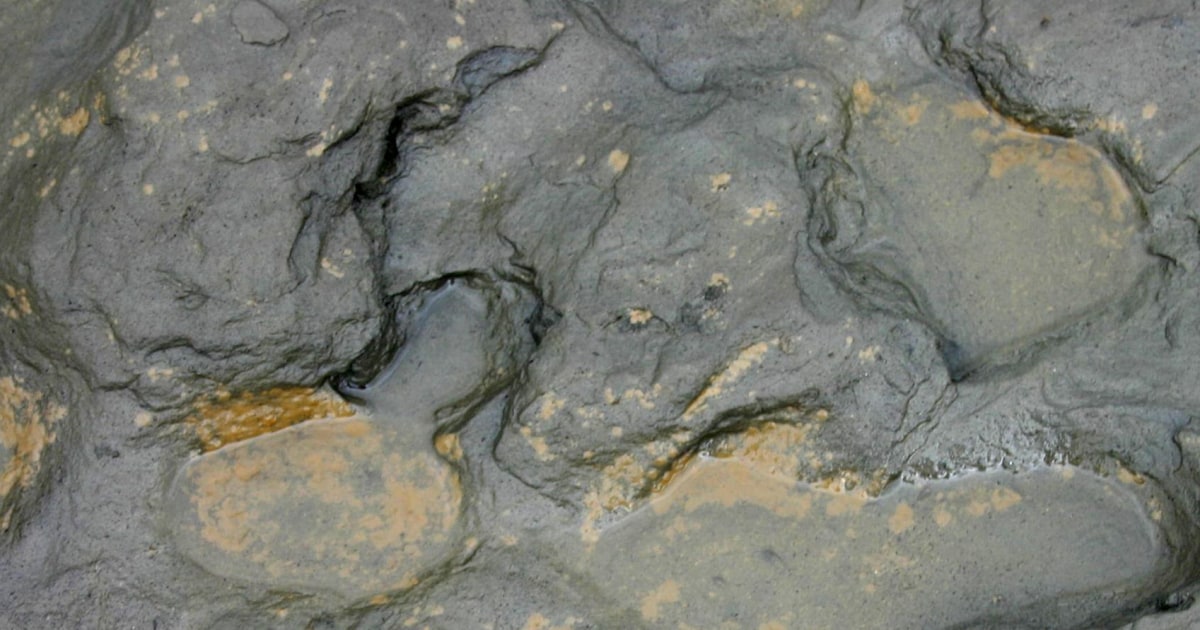British scientists have discovered human footprints in England that are at least 800,000 years old — the most ancient found outside Africa, and the earliest evidence of human life in northern Europe.
A team from the British Museum, the Natural History Museum and the University of London uncovered imprints from up to five individuals in ancient estuary mud at Happisburgh on the country's eastern coast.
British Museum archaeologist Nick Ashton said the find — announced Friday and published in the journal PLOS ONE — was "a tangible link to our earliest human relatives."
Preserved in layers of silt and sand for millennia before being exposed by the tide last year, the prints give a vivid glimpse of some of our most ancient ancestors. They are from a group, including at least two children and one adult male. They could be a family foraging on the banks of a river scientists think may be the ancient Thames, beside grasslands where bison, mammoth, hippos and rhinoceros roamed.
A team from the British Museum, the Natural History Museum and the University of London uncovered imprints from up to five individuals in ancient estuary mud at Happisburgh on the country's eastern coast.
British Museum archaeologist Nick Ashton said the find — announced Friday and published in the journal PLOS ONE — was "a tangible link to our earliest human relatives."
Preserved in layers of silt and sand for millennia before being exposed by the tide last year, the prints give a vivid glimpse of some of our most ancient ancestors. They are from a group, including at least two children and one adult male. They could be a family foraging on the banks of a river scientists think may be the ancient Thames, beside grasslands where bison, mammoth, hippos and rhinoceros roamed.


Comment